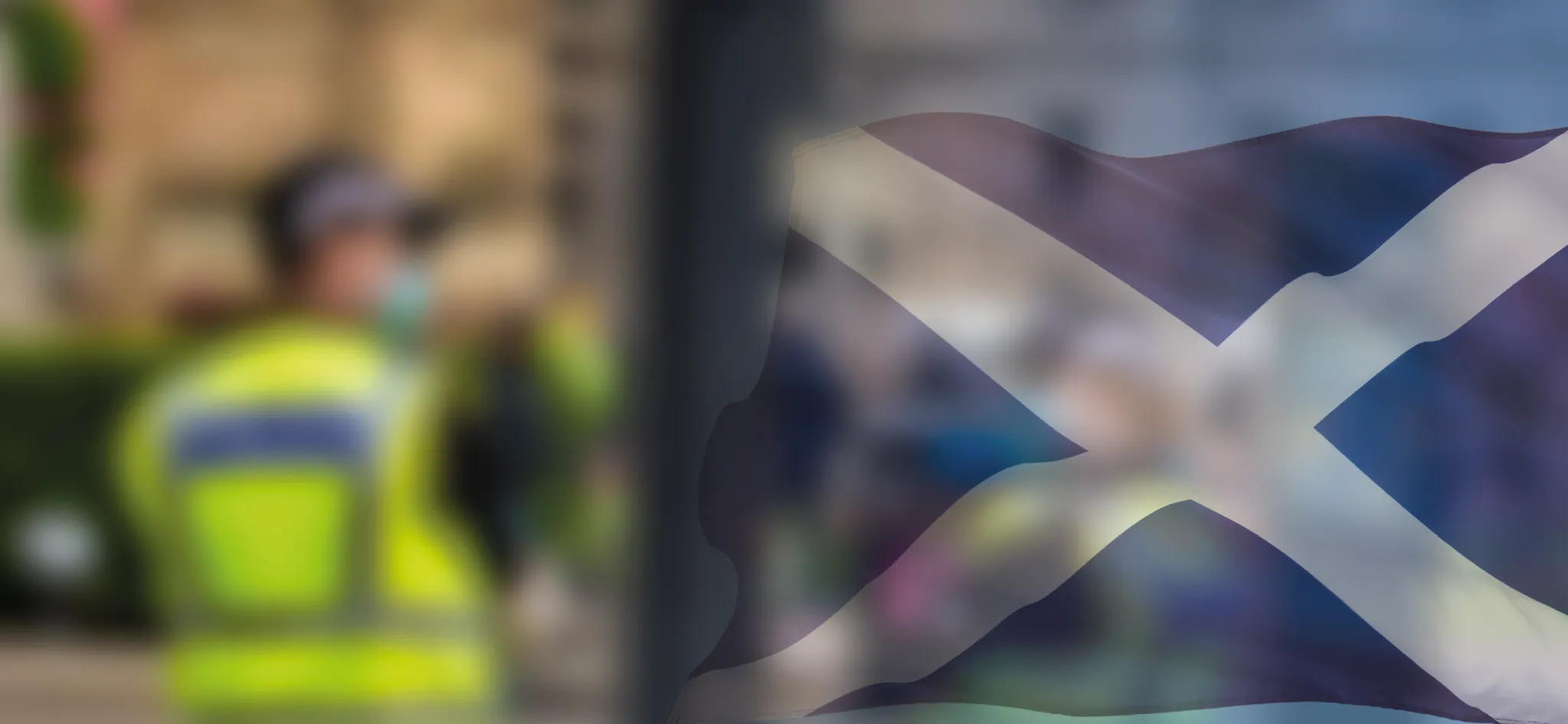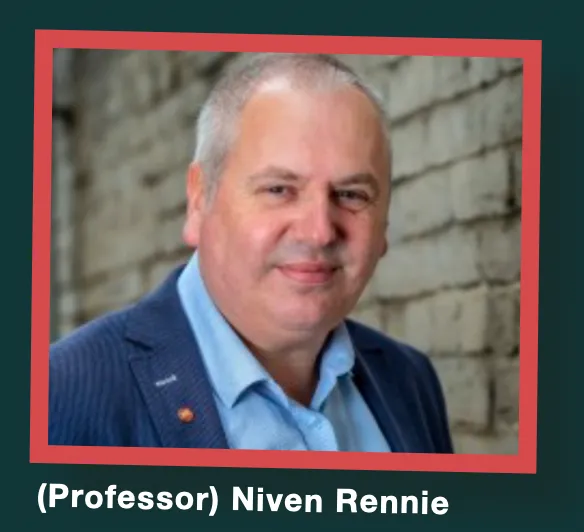
When I was Director of the Scottish Violence Reduction Unit I was invited to speak across the world about the issue of violence in our communities. Many looked to Scotland for direction due to the reduction in violence that had occurred there since the Scottish Violence Reduction Unit was formed in 2005. That year Scotland had experienced 137 murders, about 50% of these were in Glasgow - the ‘murder capital of Europe’. Last year 48 murders were recorded in Scotland – a significant reduction but still 48 too many.
Nonetheless, this reduction in homicide, with similar reductions also recorded in numerous other violence related statistics, was recognised as being significant. Many other areas of the UK and numerous jurisdictions across the world were keen to learn about Scotland’s journey in the hope that the approach adopted there could be replicated and similar progress made.
I explained that Scotland’s success lay in the adoption of a ‘public health approach’. This is a preventative approach aimed at identifying the root causes of violence and thereafter ensuring that numerous organisations play their part in tackling these issues before they progress to the stage that the police and the justice system require to take punitive action. Thus the role of social services, health and education became paramount and it was recognised that the justice system did not ‘own’ the violence problem with which Scotland had wrestled for generations.
Numerous projects contributed to the success that was achieved. For example, our education authorities recognised that school exclusion was a self-defeating measure and sought to keep pupils in schools by recognising the factors that contributed to poor behaviour and the provision of adequate support to address these.
The contribution of mentors and skilled youth workers were identified as crucial in order to provide not only invaluable guidance but also the presence of a positive adult role model, so often missing from the lives of many of our young people. Employment provided young people with direction and a sense of purpose as we recognised that ‘nothing stops a bullet like a job’.
Despite all the successes, however, Scotland’s journey was not all good news. As our violence figures reduced, we started to record the worst drug death statistics in Europe. Our long-standing problems with alcohol abuse continued and our prison population reached record levels. Suicide, particularly amongst young men, became a significant issue – Scotland had numerous other issues to address.
The problem is that we tend to view these issues in isolation. In truth, they are related. Our violence related work identified that 1% of the Scottish population experienced 65% of violent crime. The same people that comprise that 1% tend also to be overly represented in all of these other measures of adverse outcomes, they were overly represented in our COVID statistics too, and they are to be found in our poorer communities.
In truth we know that already. For many years we have recognised that health outcomes and life expectancy vary significantly by post code. We know that our prisons are full of individuals who have come through the care system and that many that we incarcerate have problems with drugs, alcohol or mental health. Academic studies across the world underline the fact that poverty and inequality are the key drivers of violence, the greater the levels of poverty the higher the homicide rate.
Despite these levels of knowledge, we tend to focus on each issue in isolation and tackle it as it presents. The root causes and connections are ignored, perhaps because they appear too hard to address. We use punishment as our response and claim that our young people should know better! Terms such as ‘knife crime’ and ‘youth violence’ became industrialised, our young people written off. I would contend that we use the justice system to address our societal failings due to our inability to seek an alternative.
Indeed, if we agree that poverty and inequality are the drivers, and the evidence tends to support that contention, we must recognise that many of our policies and decision making have merely made matters worse. It can be argued that austerity and other political decisions have merely exacerbated the levels of poverty throughout the UK and thus increased criminality leading to a significant rise in violence and intolerable pressure across the justice and health systems which, in turn, has placed added pressure on a diminishing public purse.
In a time when statistical measurement is utilised to monitor progress, when KPI’s and target measurement are the norm, I would suggest that the rise of foodbanks, baby banks and fuel banks across the UK should be our measure of political success. A relatively new phenomenon – they stand as testimony to the reduction in living standards that have occurred of late, as an indication of the lack of compassion in our wider society. If that is the true measurement of success we are failing significantly.
There is another way…………
On 27 November 2000 a 10 year old boy named Damilola Taylor senselessly died in London. He was a victim of violence. His death resonated across the world and the ‘Damilola Taylor Trust’ was born. Damilola spoke of his ‘hope’ of becoming a doctor and changing the world. The Damilola Taylor Trust believed that his sense of ‘hope’ should be his legacy.
From their work a parliamentary commission was created to look at the issue of violence as it affects our young people. The commission led to the creation of violence reduction units across the UK with the aim of emulating Scotland’s violence journey.
Key members of that commission believed that more was required, however. They wished to create the greatest public health movement seen in the UK. They formed the Hope Collective, an organisation aimed at giving our young people a better future. More than that, the Hope Collective aims to be merely a platform for these young people to set their own agenda, to speak positively about their hopes and aspirations, to show they are much more than the terms ‘Youth Violence’ and ‘Knife Crime’ tend to suggest.
In the past 2 years the Hope Collective has held 24 ‘Hope Hacks’ across the UK. Events run by young people for young people. During these they discuss the issues of the day – education, housing, employment, mental health, racism and division and so many more. They identify solutions much more imaginative than those being progressed at present. They aim to identify a more progressive society in which they will dwell – a society with hope at its heart.
I spent 31 years as a police officer. At many times during my career I despaired at the repetitive nature of our response, the generations of families that knew prison was their ultimate destination. I saw children born into homes where they had no hope, no aspiration and little opportunity. I saw society pour money into punishment and retribution, money that could well have been spent addressing the social problems that created the circumstances that led to the need to punish!
Our children need love, empathy, compassion and support. No child is born bad, it’s the circumstances into which they are born that mould their future. We can make decisions that help them on that journey if we choose to do so…after all ‘they are our children, not somebody else’s problem’.
We can offer our children hope………

(Professor) Niven Rennie
Chair, The Hope Collective
www.hopecollectiveuk.com
